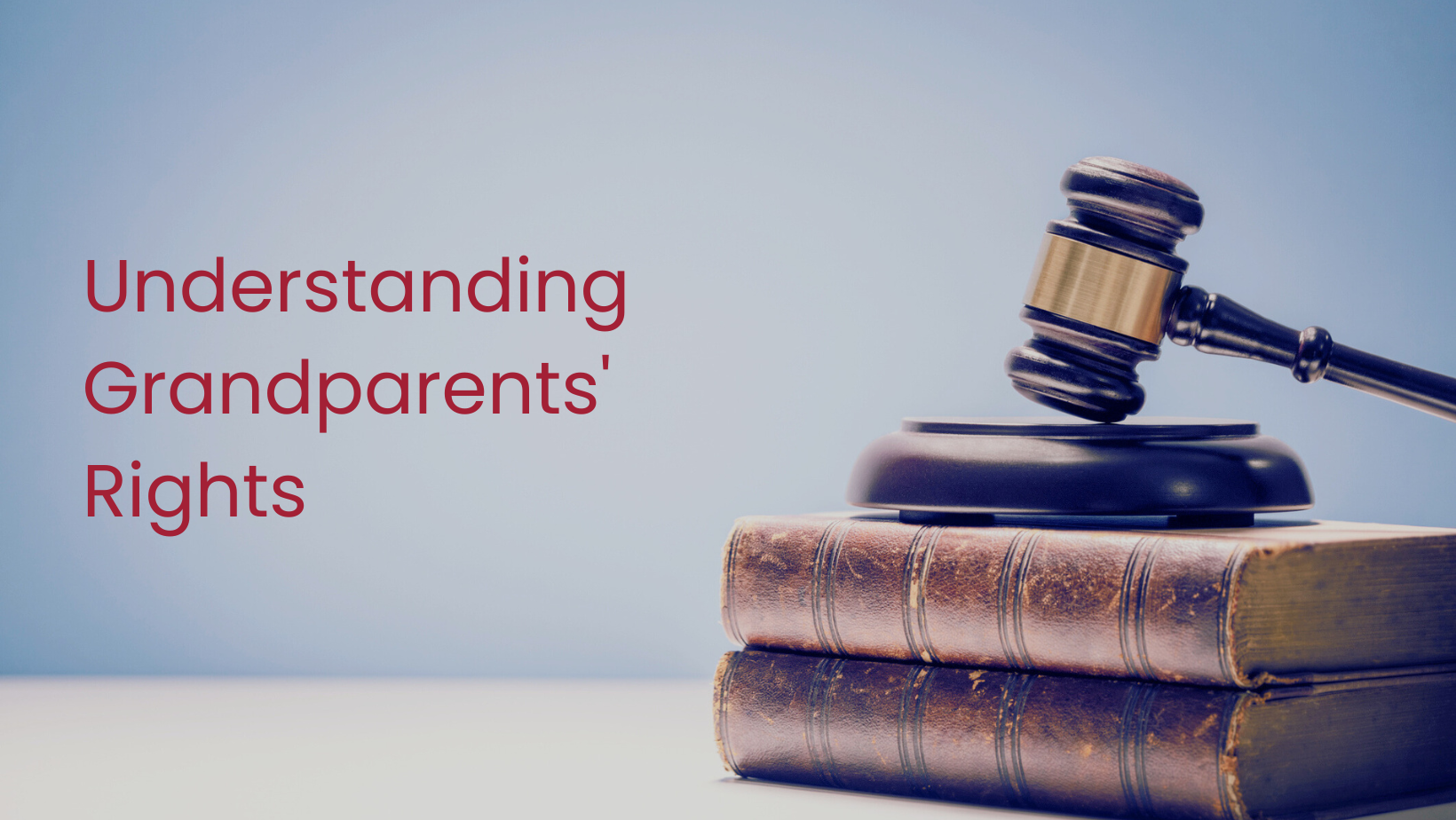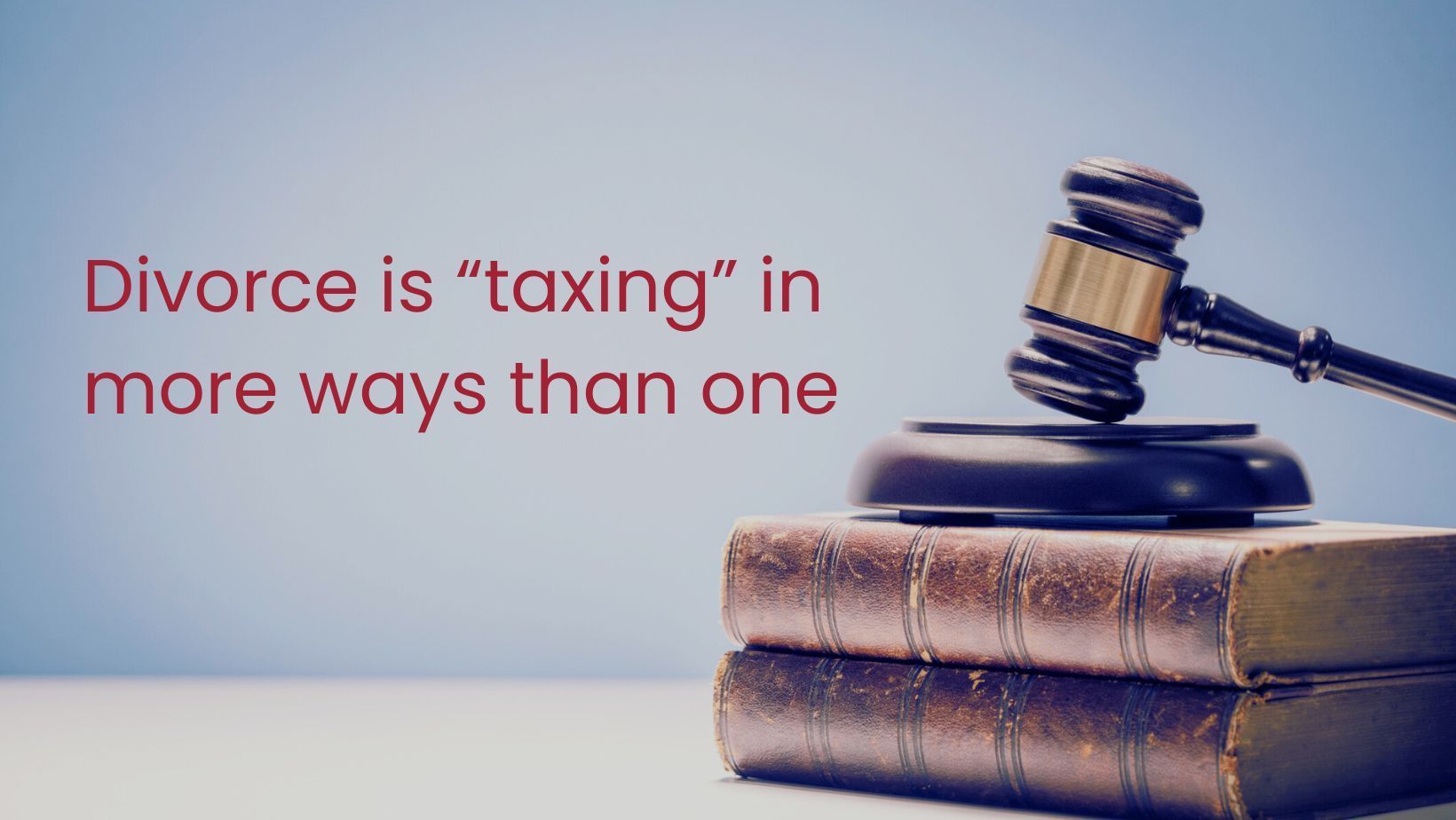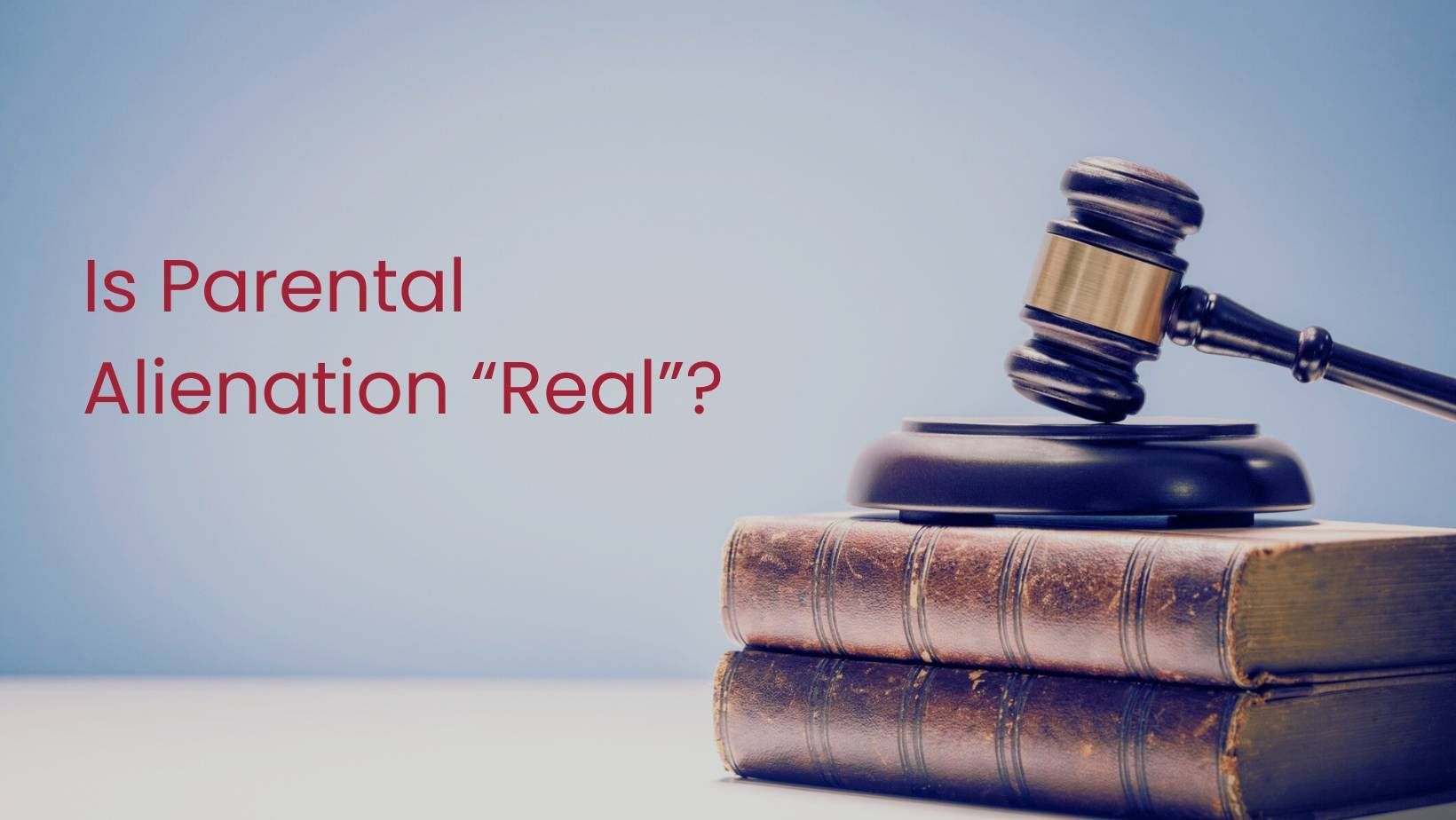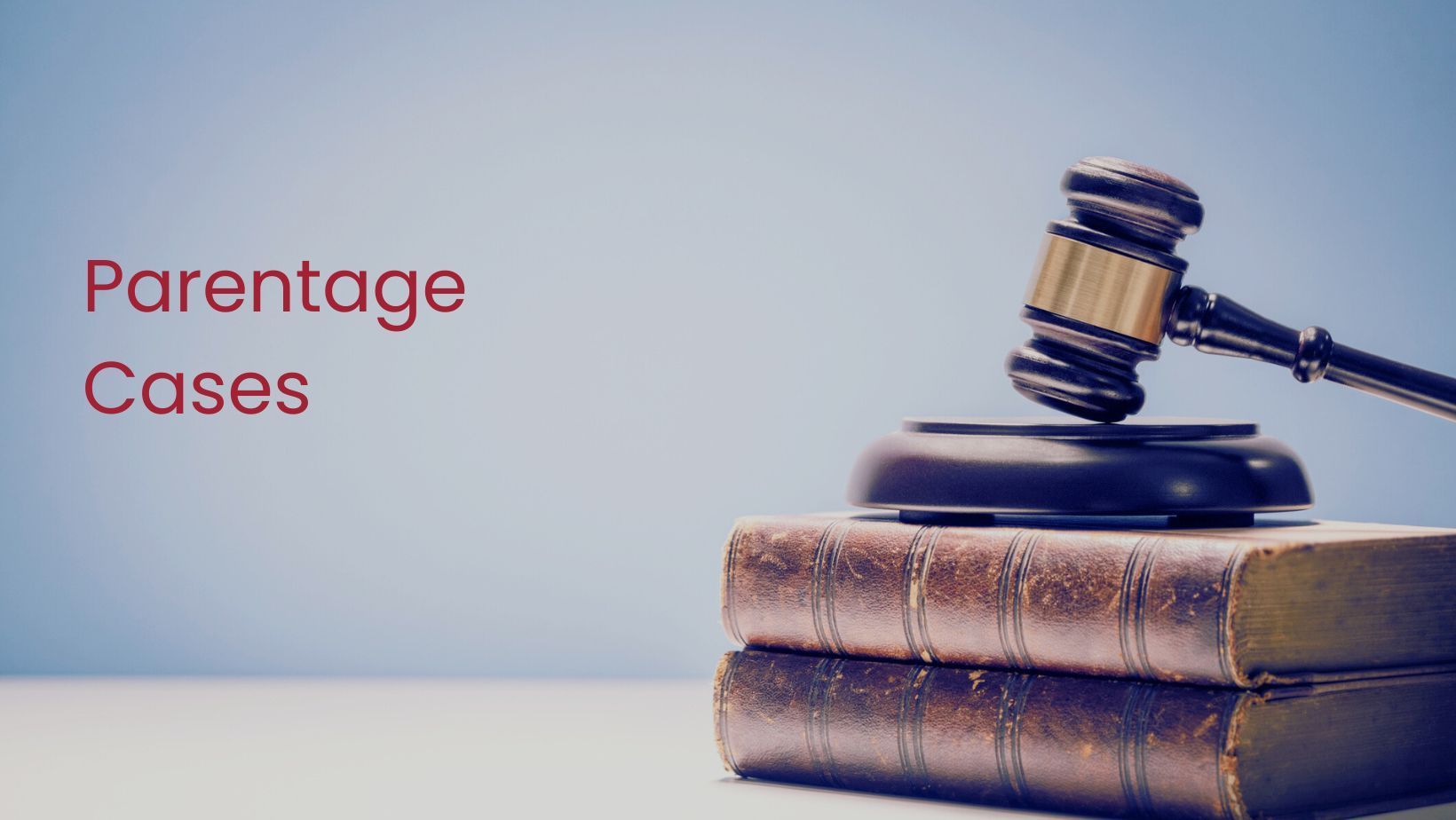Understanding Grandparents' Rights
- By Daniel Gold
- •
- 07 Oct, 2024
- •

It is without mention that grandparents can play a vital role in the lives of their grandchildren, especially when family circumstances such as divorce, death, or separation arise. The US Supreme court in the case Troxel v. Glanville, has held that parents hold the primary rights to their children. In California, there is a constitutionally accepted framework for grandparents to seek custody or visitation in certain situations. Understanding the legal framework surrounding grandparents' rights is critical to avoid mistakes or buying the promises of lawyers who promise more than they are able to deliver.
Can Grandparents Seek Custody?
Yes, grandparents
may
seek custody of their grandchildren under
certain conditions.
Courts, however, are generally hesitant to remove children from their parents unless there is a compelling reason to do so. Grandparents must prove that living with the parents would be detrimental to the child and that placing the child in the grandparents’ care would serve the child’s best interests.
What are those “certain conditions”?
Grandparents may seek custody if they can demonstrate that the parents are unable or unfit to care for the child. Common grounds for seeking custody include:
- Parental Abuse or Neglect: If a child is experiencing abuse, neglect, or unsafe living conditions, grandparents may petition for custody to ensure the child's safety.
- Parental Incarceration: If one or both parents are incarcerated, grandparents may seek custody to provide stability and care for the child.
- Substance Abuse: When a parent struggles with substance abuse, grandparents may argue that the child’s welfare is at risk and seek custody to offer a safe environment.
- Mental Illness: If a parent is suffering from severe mental health issues that prevent them from providing adequate care, grandparents may seek custody to ensure the child’s needs are met.
- Parental Death: In cases where one or both parents have passed away, grandparents can seek custody to maintain family continuity and care for the child.
Grandparent Visitation “May” Be Simpler Option
Even if grandparents do not seek full custody, they can request visitation rights.
California law allows grandparents to petition for visitation if:
- The grandparent has a pre-existing, close relationship with the child, creating a bond that is in the child's best interests.
- The visitation request does not interfere with the parents' rights to make decisions for the child.
When granting visitation rights, the court is mandated
to
balance the parents' rights with the child's best interests. Courts will not interfere with the parents’ decisions unless doing so would harm the child’s well-being. If two
fit
parents object, it’s an uphill battle.
How to Petition for Grandparent Custody or Visitation
- File a Petition: Grandparents must file a petition for custody or visitation in the family court. This petition should outline the reasons for seeking custody or visitation, emphasizing the child’s best interests.
- Notify the Parents: The parents must be formally notified of the petition and given an opportunity to respond. This ensures that both sides are heard before any decisions are made.
- Court Investigation: The court may order an investigation to assess the child's current living situation and the grandparents' suitability for custody or visitation.
- Court Hearing: If the matter cannot be resolved via settlement outside of court. there will be a court hearing. During the hearing, the judge will review evidence and hear testimony from both parties before deciding on custody or visitation. The judge will focus on the child's best interests and the parents' rights.
Things to Consider Before You Take The 1st Step
- Best Interests of the Child: In any custody or visitation case, the court’s primary focus is the best interests of the child. Grandparents must demonstrate that their involvement is beneficial to the child’s emotional and physical well-being.
- Parental Objections: If the parents object to the grandparents' request for custody or visitation, the court will carefully weigh these objections. Parental rights are constitutionally protected, so grandparents must provide compelling evidence for their case.
- Legal Representation: Navigating a custody or visitation dispute can be complex, especially for grandparents. Seeking legal advice from seasoned family law counsel can help you understand your rights and present a strong case.
Conclusion
Grandparents can seek custody or visitation in California, but the process is not straightforward. Courts prioritize the child’s best interests while balancing parental rights, so proving that grandparents’ involvement is necessary requires careful legal navigation. For personalized advice and assistance with grandparents’ rights, contact me for expert guidance.
Call: 949-756-0684
Email: dgold@tldlaw.com
Disclaimer
This information outlines a few of the concepts that surround grandparents’ rights in the State of California. It is not intended to be, nor should it be construed as legal advice for any particular situation. Please seek advice from TLD Law or your personal attorney in your state or jurisdiction.

Divorce brings significant changes to your financial situation, and understanding the tax implications is crucial to avoid unexpected liabilities and maximize your financial health. From filing status to the division of assets, knowing how divorce impacts your taxes can help you plan effectively for your post-divorce life.

It is striking how far things have some since I was sworn in as an attorney in 1993. I remember the “dawn” of domestic partnerships in California and its evolution to becoming something akin to marriage “lite”; when many other states, and the Federal government did not choose to give legal recognition to same sex relationships.How far things have come since those early days.








